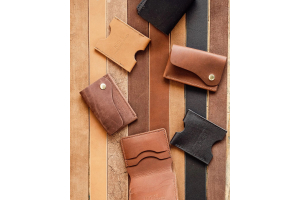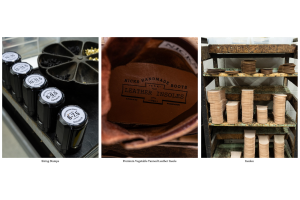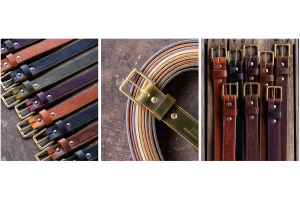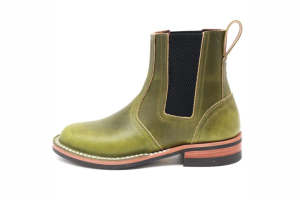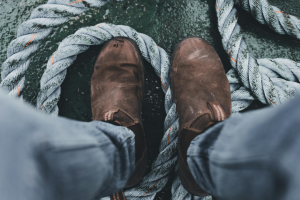Which Work Boots Last The Longest? The Ones With The Right Stuff…
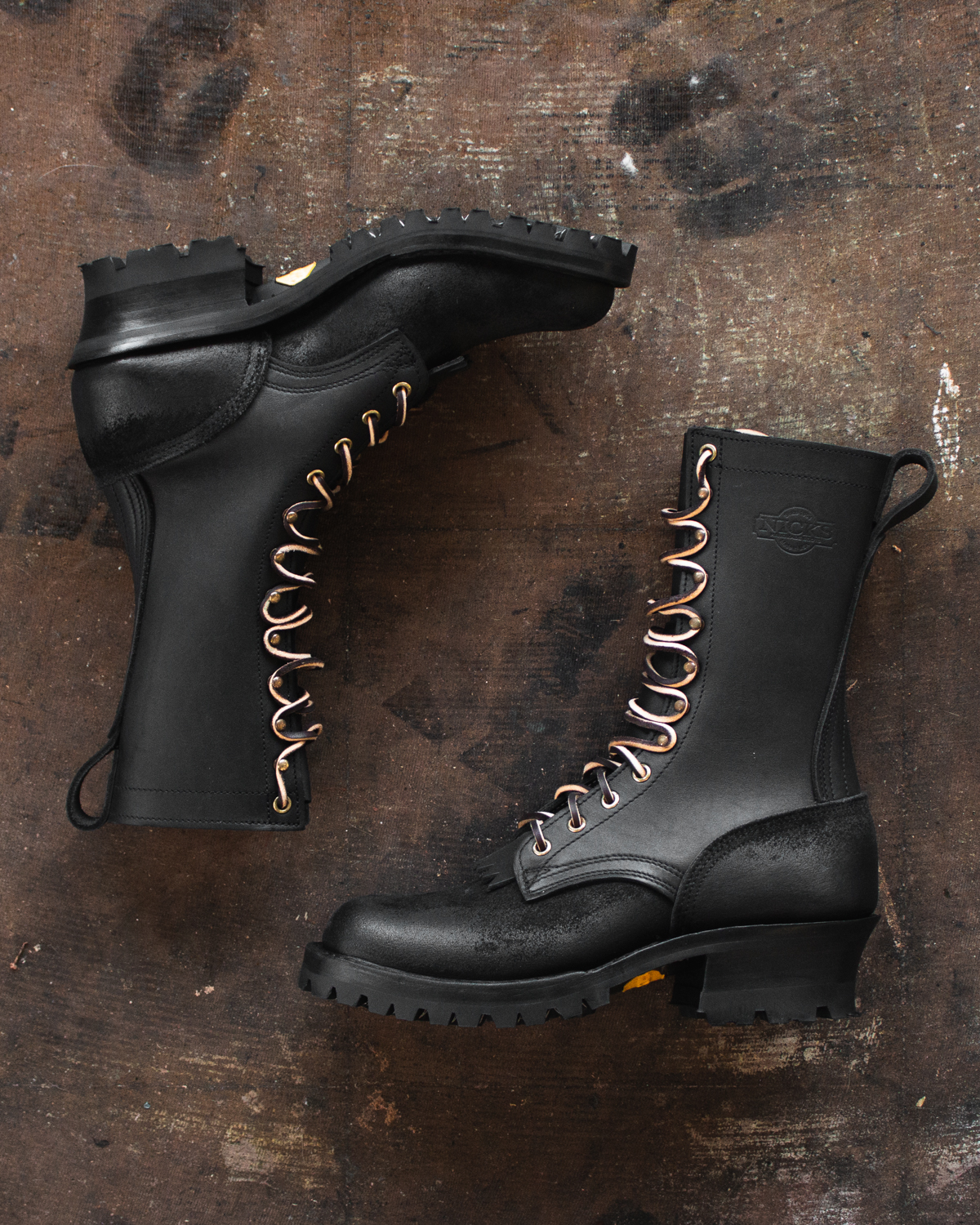
Obviously, you don't want to go broke buying new pairs of work boots more often than you should. If you find a pair you really like, you want them to last as long as possible.
So which work boots last the longest? Well...that's very hard to say.
You see, you can read reviews until the cows come home and you'll get all sorts of stores from all sorts of folks. Those people may have had those experiences, but it's no guarantee your pair of those boots will.
However, the brands and designs that are known for lasting a long time tend to have a number of attributes in common, and <i>those</i> are the things you want to look for. Bootmakers that care about the build of their product will do certain things right, and that's what you need for work boots to last.
So...what makes a work boot last? Here are a few of those things…
Work Boots That Last Are Stitched, Not Cemented
If there's one attribute above almost any other, it's that work boots that last a long time are stitched….not cemented.
If you go into the typical "mart" or department store and look at boots or leather shoes, most of them are cemented, meaning the only thing holding the upper, the midsole and the sole together is glue. One the glue lets go or the sole wears out...it's done. You have to buy new ones.
The older methods for making leather boots and shoes is superior, but involves more labor. It's more expensive, which is why work boots that cost less than $100 are rarely made with these construction techniques.
A welted boot is made by stitching the upper and midsole together through a strip of leather or other material around the edge of the boot called a "welt." The sole is glued (or glued and stitched, and there may possibly be some cobbling nails in the heel) to the midsole.
Stitchdown boots are harder to make, as the upper is crimped out at the bottom to create a skirt of sorts. That skirting is where the stitching attaches the midsole to the upper. Depending on who makes the boot, the sole is glued/glued and stitched/glued, stitched and nailed or screwed to the midsole.
In other words, a boot that's stitched together has a mechanical bond instead of a chemical one. It's more durable. While more expensive, the boots can be resoled as long as the upper is in good shape.
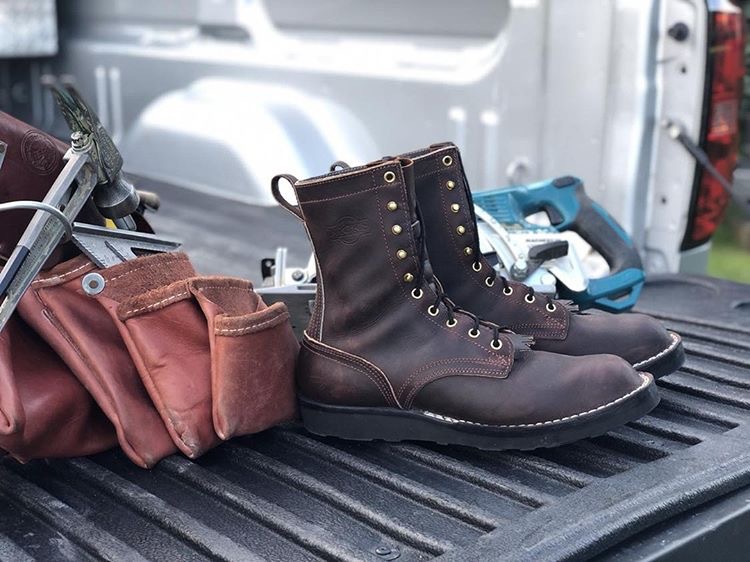

Harder Work Boot Soles Last Longer
When people ask about "how long work boots last" what they usually mean is how long the soles will last. That depends a lot on usage and the sole that's on your boot.
As a general rule, the harder the sole compound is the longer it lasts. Exactly how long is impossible to tell; that depends on you. However, certain soles are going to last a lot longer than others.
For instance, the classic Vibram lug sole is made from a pretty hardy rubber compound that works very well on slick surfaces and outdoors. They last a good long time. Casual users can possibly get a few years out of them but hard users like loggers and other tradespeople can wear them down in a year...possibly less, depending.
That's also why the Red X lug sole - common on firefighter boots - is not recommended if you aren't a firefighter. The compound is softer, so they wear out quicker. Some of our customers who work as wildland firefighters have to get their boots resoled every six months.
On the other hand, the classic Christy Creme sole found on many wedge work boots is rather soft by comparison. The tread starts to wear within a few months; possibly in a matter of weeks depending in what your job is.
Casual users can get a year or two from them, but hard users easily wear them down in one year.
The Vibram V Bar sole doesn't have much tread and is a very hard rubber. There's not much to wear away, so you can get a very long life out of them with casual use. They aren't much good in snow or even heavy rain, but they last a long time.
So, how long your boot soles will last depend on what sole you have on your boots and your usage. The harder the rubber, the longer it lasts.
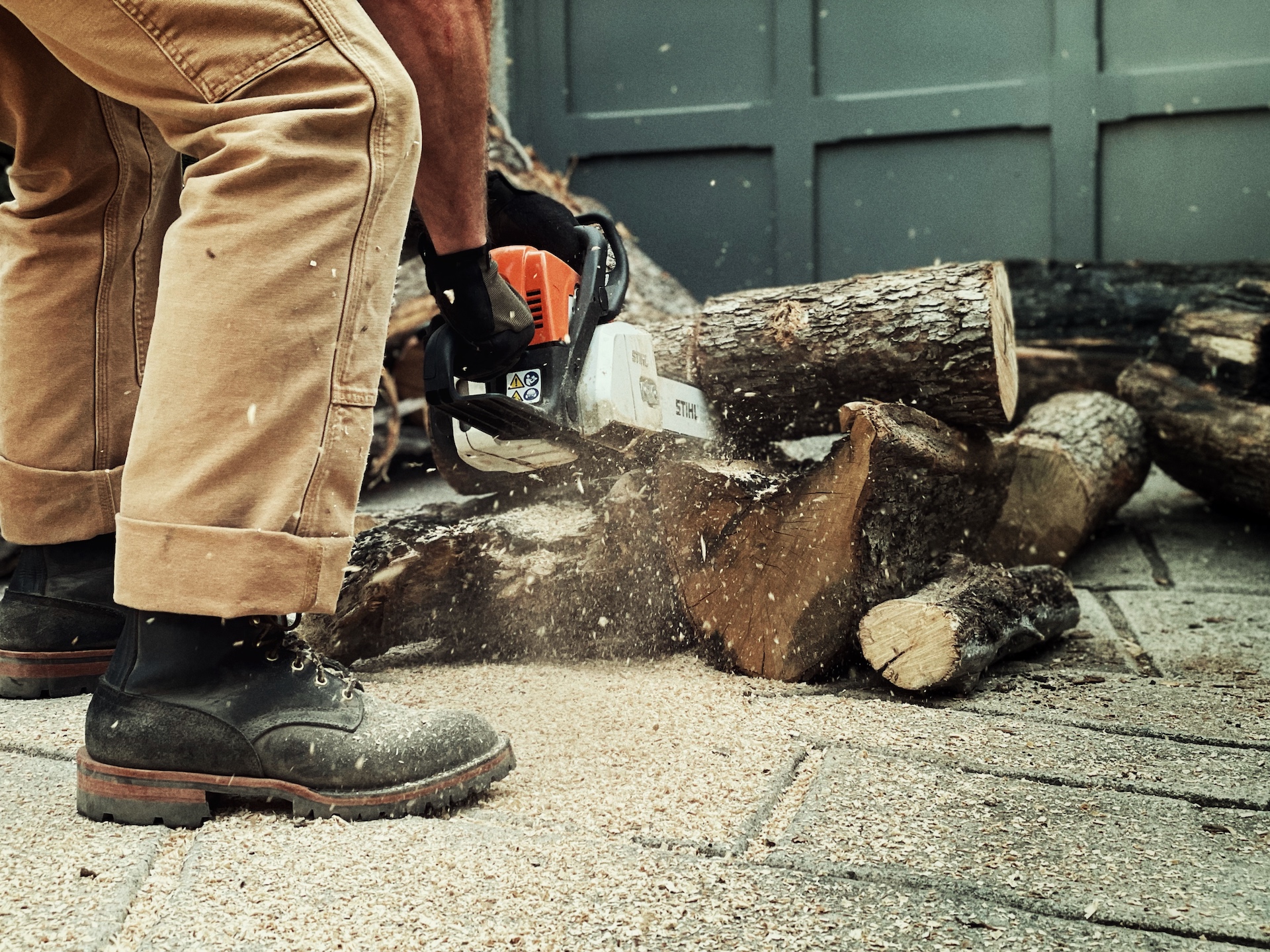

How Long Does The Leather Last?
Unless your work boots go through a wood chipper, they can last a very long time indeed.
The lifespan of leather is actually theoretical; leather has been discovered at archaeological sites that's over 5,000 years old. If you got a decent pair of leather work boots and kept them in good working order, they could easily last your lifetime. If you passed them onto someone who kept equally good care of them...they could potentially last for theirs and keep going.
Maintenance and care do enter into it. If you're caring for the leather by cleaning and nourishing it with preservative compounds, the leather will last longer as it's strong and supple.
What leads to boots getting thrown away is they get to a point where a few things happen.
First is if some part of the upper gets damaged and resoling the boots is no longer possible as they are. Second is if the midsole and the footbed completely fall to pieces and no one will rebuild it.
In fact, a number of large boot and shoe brands have repair policies that don't allow for rebuilds of the footbed, or don't allow for any servicing of any kind if there's a certain amount of damage at key parts of the upper.
If you use your boots hard, those things can (and almost certainly will) occur. If they don't, they don't, but there's a chance they will.
With that said, though...most boot repair shops can rebuild a footbed and midsole if the upper is in good shape (as well as resole the boot) if you have a work boot made with welted or stitchdown construction.
Some bootmakers also offer rebuild and repair services, where the entire boot can be rebuilt from the ground up.
So...how long will the leather last? Partially it depends on how well it's taken care of and what happens to do it. If the uppers aren't damaged to the point where resoling or rebuilding can no longer happen...nobody really knows.
So a good pair of work boots or other leather boots could potentially be family heirlooms in the right circumstances.
